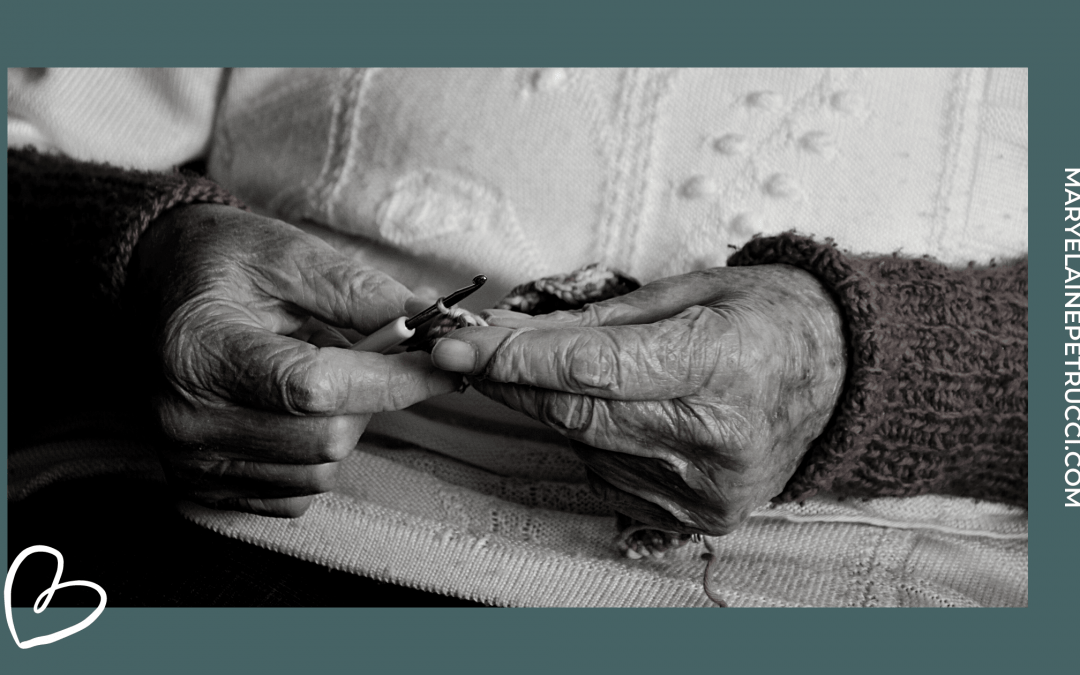It is a common belief that a person with depression is a person without much willpower. The truth is actually far different. The truth is that depression in seniors or anyone else is a biological condition and not a choice or lack of will power on the part of the individual.
The very act of living daily life under the weight of depression shows tremendous will power if you understand the reality of depression. In order to understand this, just imagine waking up with a weighted cloud surrounding you. This weight sucks the breath right out of you and it’s there every single day. You have to be strong to win the daily fight to just move and breathe in the presence of this heavy companion.
Resilience is the ability to overcome challenges of all kinds including trauma and tragedy while becoming wiser and stronger despite the struggle.
Generally speaking, depression and resilience are not characteristics we would expect to see in the same individual. However, a recent study seems to have revealed that depressed individuals are more resilient than we realize.
As COVID-19 began to undo normal life in the world, there was concern about the older population and their ability to cope with the added stressors of the COVID crisis. Researchers from 5 separate institutions, including UCLA, conducted a study with individuals who were part of ongoing studies and suffering from treatment-resistant depression.
During the study, these individuals, having coped with pre-existing major depressive disorders, showed no indication of additional stress or anxiety due to the COVID-19 pandemic. They clearly possess a strong ability to bounce back and adapt to new circumstances quickly.
Helen Lavretsky, MD, a professor-in-residence of psychiatry and biobehavioral sciences at the Jane and Terry Semel Institute for Neuroscience and Human Behavior at UCLA, was quoted in the American Journal of Geriatric Psychiatry as saying: “What we learned is that older adults with depression can be resilient. They told us that coping with chronic depression taught them to be resilient.”
The ongoing struggle with depression in seniors appears to have given them the opportunity to develop resilience.
Developing resilience is much like developing muscle strength. When we need to strengthen our muscles we use resistance. We add strain to the muscles that they are not accustomed to handling. A little at a time, we give our muscles time to adapt and build new fibers to handle more and more weight. In other words, we challenge ourselves.
Depression in seniors may work in their character much like weights on their muscles.
Here are a few ways that anyone can intentionally build up their resilience:
Stay Connected
Helping others will help you feel empowered and valuable. As you focus on the needs of others you will feel a sense of purpose – a key factor in resilience. Without a purpose to focus on, life is distracting and it is easy to lose sight of what matters most. It is also important to allow others to help and support you, especially during times of crisis. Connecting with others will help give you strength when things get tough.
Set & Achieve Goals
When you set a goal it gives you a sense of direction and purpose. You will find a greater sense of motivation when you have a goal to focus on. Realizing that you are capable of accomplishing what you set out to do gives you confidence. Being resilient requires confidence. You can develop confidence by setting small goals and increasing the challenge each time you accomplish them.
Goal setting is something you can learn to do and with practice, you will find yourself a more resilient person.
Control Your thoughts
Having a positive attitude is something that doesn’t come naturally or easily. However, it can be cultivated by focusing on gathering positive ideas and thoughts and countering the negative ones.
This does not mean you will never experience negative feelings or thoughts. It is just a matter of accepting the bumps in life as part of the experience and then expecting the better things to follow.
In learning to control your thoughts you must weed out the thought patterns that work against you. These thought distortions change the way you perceive the world. These are the false beliefs we convince ourselves of by reciting them. You may believe that bad things always happen to you, when in fact they do not. This is an exaggeration of what seems to be real at that time.
Learning to recognize this faulty thinking and then reframing circumstances with true beliefs will make noticeable changes to your life.
Practice
As with anything, practicing makes it stick. Developing and strengthening resiliency is something you must learn. You can practice by meditating, journaling, or talking about what you are working on.
When you journal about your thinking it gives you space to see your thinking more clearly. Rewrite the distorted thinking that you want to change and meditate on your future with your changed perspective.
No one gets through this life without experiencing some pain, setbacks, and heartache. Unfortunately, trauma is a common thread for many of us as well. Resilience allows you to move past these hurdles in your path.
Although depression has given some people a good training ground for resilience, depression is not a prerequisite.
Anyone can learn resilience by choosing to develop it. By doing so, you will be better prepared to take on the next crisis to step into your path.
If depression in seniors has helped them become more resilient, then it is a skill that anyone else can learn as well. Whether you are a senior or someone who loves a senior, understanding how to build resilience could be life-changing.
Regardless of your age, resilience should be considered a vital skill to nurture in the trying times we face.
















